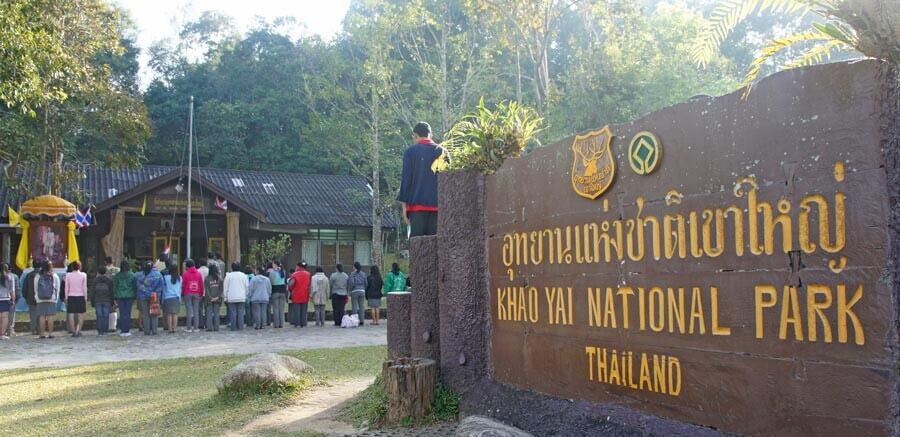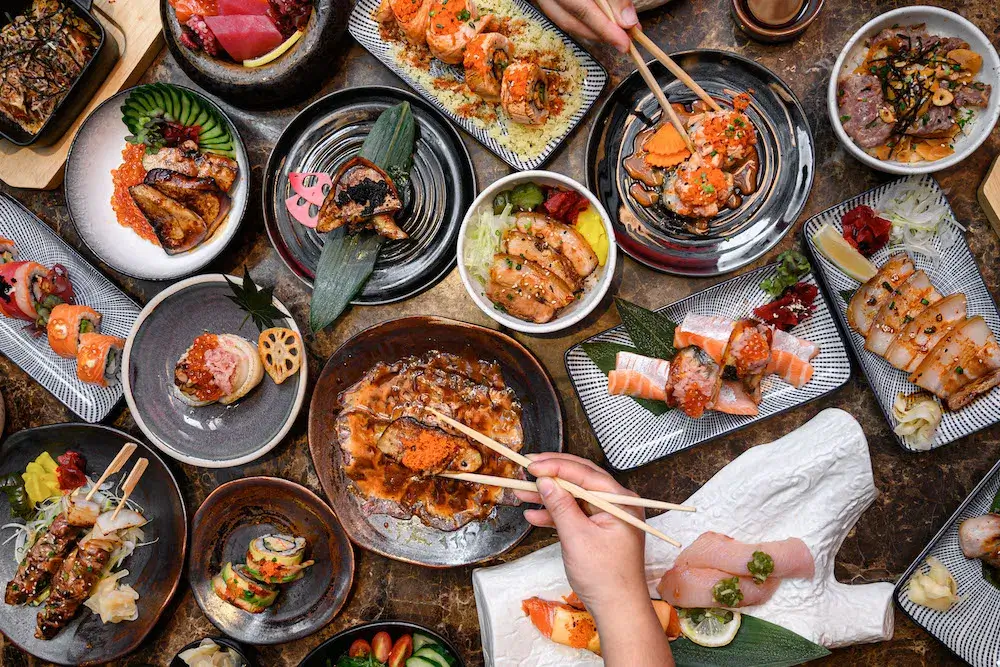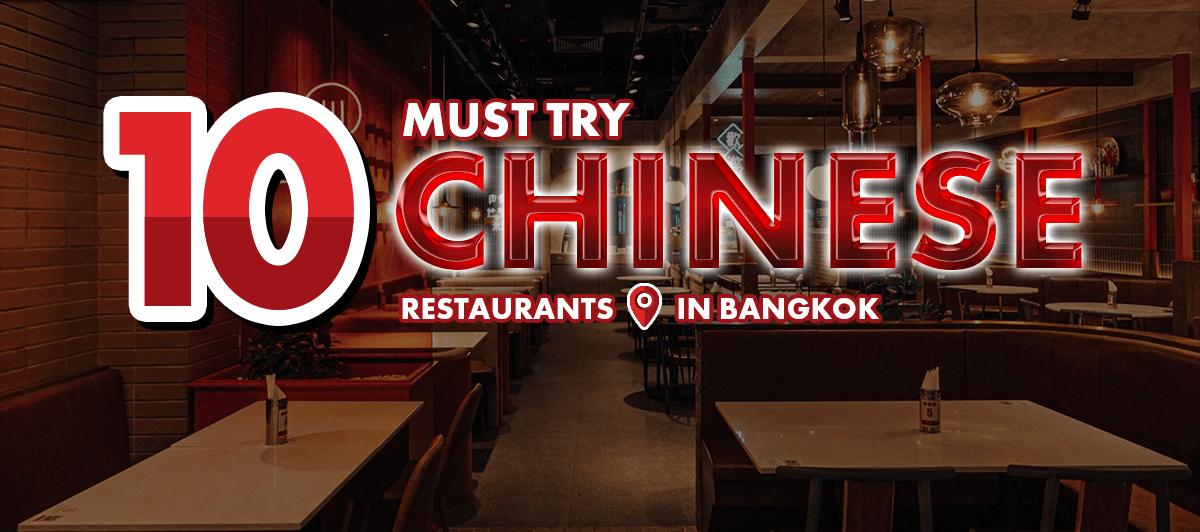As you step into a Burger King in Thailand, you might wonder if their menu items align with your halal dietary requirements. While some items are certified halal, the status of others remains unclear. Burger King’s global policy adapts to local laws, and in Thailand, they partner with the Central Islamic Council for certification. But what about the beef and chicken sandwiches, and what about the vegetarian options? You’ll need to dig deeper to verify your meal meets your standards.
Burger King in Bangkok is generally NOT considered halal. Most fast-food chains in Bangkok, including Burger King, do not serve halal food. However, there are some specific locations, such as the Burger King at Suvarnabhumi International Airport, where all chicken products are reported to be halal according to the staff (ALWAYS DOUBLE CHECK). I’d suggest you go through the entire post so you are able to get a wise decision.
A reader just reported that Burger King in Platinum Mall, Bangkok showed him a Halal certification for their chicken burger! 🎉 While this suggests some items could be Halal-friendly, proceed with caution:
- 🧐 Ask for proof: Always request to see the Halal stamp/certificate for the chicken (some locations might have it, others not!).
- 🚫 Pork-free zones? Confirm if they cook or serve pork in the same kitchen—cross-contamination risks exist!
I’ll keep digging for more intel—stay tuned! 🔍
Halal Certification in Thailand
In Thailand, the halal certification process is overseen by the Central Islamic Council of Thailand (CICOT), a recognized authority on halal standards. You’ll find that CICOT’s certification is highly regarded, verifying that products meet strict guidelines. To achieve halal certification, manufacturers must undergo a rigorous process, including audits and inspections of their facilities and production lines.
This confirms that products are free from prohibited ingredients and substances, such as swine and alcohol. Additionally, CICOT’s certification is based on Islamic law, making it a trusted seal of approval for Muslim consumers.
As a consumer, you can trust that products bearing the CICOT halal logo have met the highest standards of quality and authenticity. With this certification, you can enjoy your food with confidence, knowing it aligns with your values and beliefs.
Burger King’s Global Halal Policy
Burger King’s global halal policy is shaped by its commitment to catering to diverse customer preferences and dietary requirements. As you investigate their policy, you’ll notice that it’s tailored to accommodate local laws, regulations, and cultural norms. This means that Burger King adapts its menu and food preparation methods to conform to halal standards in countries where there’s significant demand.
While this approach allows for flexibility, it also raises questions about consistency and transparency. You might wonder, for instance, how Burger King verifies that its halal menu items meet uniform standards across different regions.
Furthermore, you may want to know what measures are in place to prevent cross-contamination with non-halal products. As you probe deeper into Burger King’s global halal policy, you’ll likely encounter a complex web of compromises and trade-offs.
Burger King Ingredients
You’re likely curious about the specific ingredients Burger King uses in its Thailand locations, especially in regard to halal compliance. Burger King Thailand’s website doesn’t provide an exhaustive list of ingredients, which raises concerns about transparency.
However, upon further investigation, it’s clear that their beef patties are made from 100% beef, without any added preservatives or fillers. The chicken sandwiches contain chicken breast meat, but the breading mixture may contain animal by-products. The cheese slices are processed from cow’s milk, but it’s unclear if they’re free from animal-derived rennet.
Burger King’s sauces and seasonings are also unclear, as they’re not explicitly listed. This lack of transparency makes it difficult to determine the halal status of certain ingredients.
Burger King’s Menu Items and Their Halal Status
Their menu items are a mixed bag with regard to halal compliance. You’ll find that some items are clearly halal, like the beef and chicken sandwiches made from locally sourced meat. However, others raise concerns, such as the bacon and sausage items that contain swine.
The fish sandwiches are also questionable, as they may contain non-halal seasonings or preservatives. Even some vegetarian options, like the Veggie Burger, may not be halal due to the presence of animal-derived ingredients or cross-contamination during processing.
Additionally, the cheese used in many items may not be halal-certified. When ordering at Burger King in Thailand, it’s vital to scrutinize the menu carefully and ask questions about the ingredients and preparation methods to guarantee that your meal aligns with your dietary restrictions.
Preparing and Handling Food at Burger King Thailand
In Thailand’s Burger King kitchens, food preparation and handling practices can substantially impact the halal status of your meal. You should be aware that cross-contamination can occur when utensils, equipment, and surfaces come into contact with non-halal ingredients. For instance, if a knife is used to cut a non-halal meat patty and then used to prepare your halal sandwich without being properly cleaned and sanitized, the risk of contamination increases.
Furthermore, food handlers’ personal hygiene practices, such as washing their hands, wearing gloves, and cleaning their uniforms, also play a vital role in maintaining the halal integrity of your meal. Additionally, the storage and disposal of waste, including non-halal food products, must be done in a manner that prevents any potential contamination.
Verifying Halal Claims and Certifications
When scrutinizing Burger King Thailand’s halal claims, one crucial aspect to examine is the authenticity of their certifications. You should verify if these certifications come from reputable organizations, such as the Halal Science Center Chulalongkorn University or the Central Islamic Committee of Thailand.
Check if these certifications are up-to-date and cover all aspects of the food preparation process. Be wary of vague or generic certifications that don’t specify the exact products or services that are halal.
Burger King Halal Branches in Bangkok
You’ve verified Burger King Thailand’s halal certifications, but now it’s time to get specific about their halal branches in Bangkok.
There are several halal branches in Bangkok, including the ones at Siam Paragon, CentralWorld, Panthip Plaza known as Fashion Mall, Internet City and MBK Center. These branches have been certified by the Central Islamic Committee of Thailand, ensuring that their food and preparation processes meet Islamic standards.
As you bite into that juicy Burger King patty, you’re probably thinking, “Finally, a halal meal in Thailand!” But hold on to your hunger pangs – not everything on the menu is certified halal. In a country where Islam is a significant minority, it’s ironic that a global fast-food chain can’t guarantee the halal status of all its ingredients. Verify before you devour, or risk compromising your dietary beliefs.










Leave a Reply